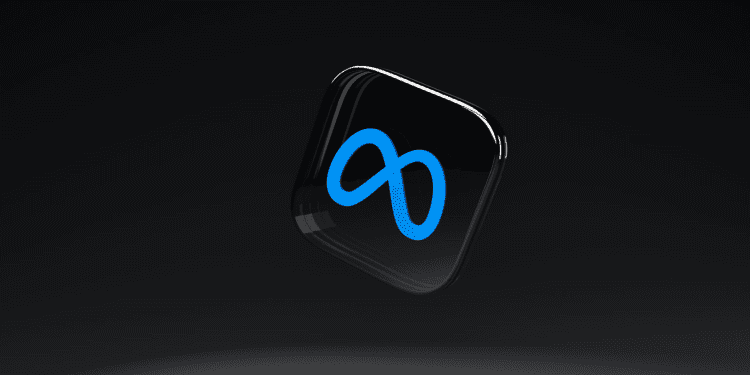In a prospectus submitted to SEC, Meta has indicated that it occasionally would offer and sell debt securities.
- A prospectus for additional debt shelf offerings by Meta has been submitted to the SEC.
- Debt securities give businesses the option to register a fresh offering of securities without having to sell the full issue at once.
Meta’s New Venture
Meta, the parent company of Facebook, Instagram, and WhatsApp, indicated that it occasionally would offer and sell debt securities. It is optional to sell the whole issue at once for the corporation to register a new case of protection through this filing.
What are debt shelf offerings?
Debt securities are clauses that allow firms to list an additional offering of securities without being compelled to sell the whole issue at once. They are also known as debt shelf offerings. Due to its capacity to sell debt instruments over time, the corporation can raise capital as required. Using a combination of these methods, the debt securities may be offered and sold directly to one or more additional buyers and underwriters, brokers, dealers, or agents as may from time to time be specified.
What did the filing reveal?
For each debt instrument sold, a new “prospectus supplement,” including information on the securities being offered, will be made accessible, albeit the document does not expressly disclose the number of debt securities being shown. The application also revealed that underwriters, brokers, dealers, or agents might be used to offer and sell debt securities.
What does this mean for investors?
Investors may benefit from shelf offerings since they occasionally provide information about a company’s strategy for acquiring money. However, the issuance of new shares could also adversely affect the price of existing shares. In response to the filing, the Twitter community has attempted to draw connections between Meta’s recent investments in AI development and buybacks and the probable need for new alternative funding sources.
Meta’s recent financials
This filing was made shortly after Meta revealed a roughly $4 billion loss from its Metaverse division in its most recent earnings report. This loss follows a $14 billion shortfall during the previous year, and according to Zuckerberg, there will be further losses in 2023. However, sources close to Meta recently revealed that the business pays its Metaverse developers anywhere between $500,000 and $1 million annually.
In its first-ever bond offering in August 2022, Meta raised $10 billion to finance share repurchases and corporate investments. The corporation has been repurchasing shares of its stock using these funds, which can increase the value of extant shares by lowering the total number of outstanding shares.
Conclusion
Meta’s application for new debt shelf offerings makes the ability to raise money over time possible. This filing was created in response to the company’s most recent earnings report, which showed a sizable loss from its metaverse segment. Despite this, the corporation continues to make significant investments in the metaverse and reports claim it pays its metaverse developers well. The rationale for this new alternate financing source is the subject of much speculation in the community, with many pointing to Meta’s recent investments in AI research and share buybacks.













